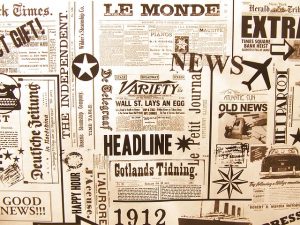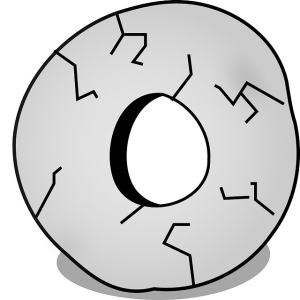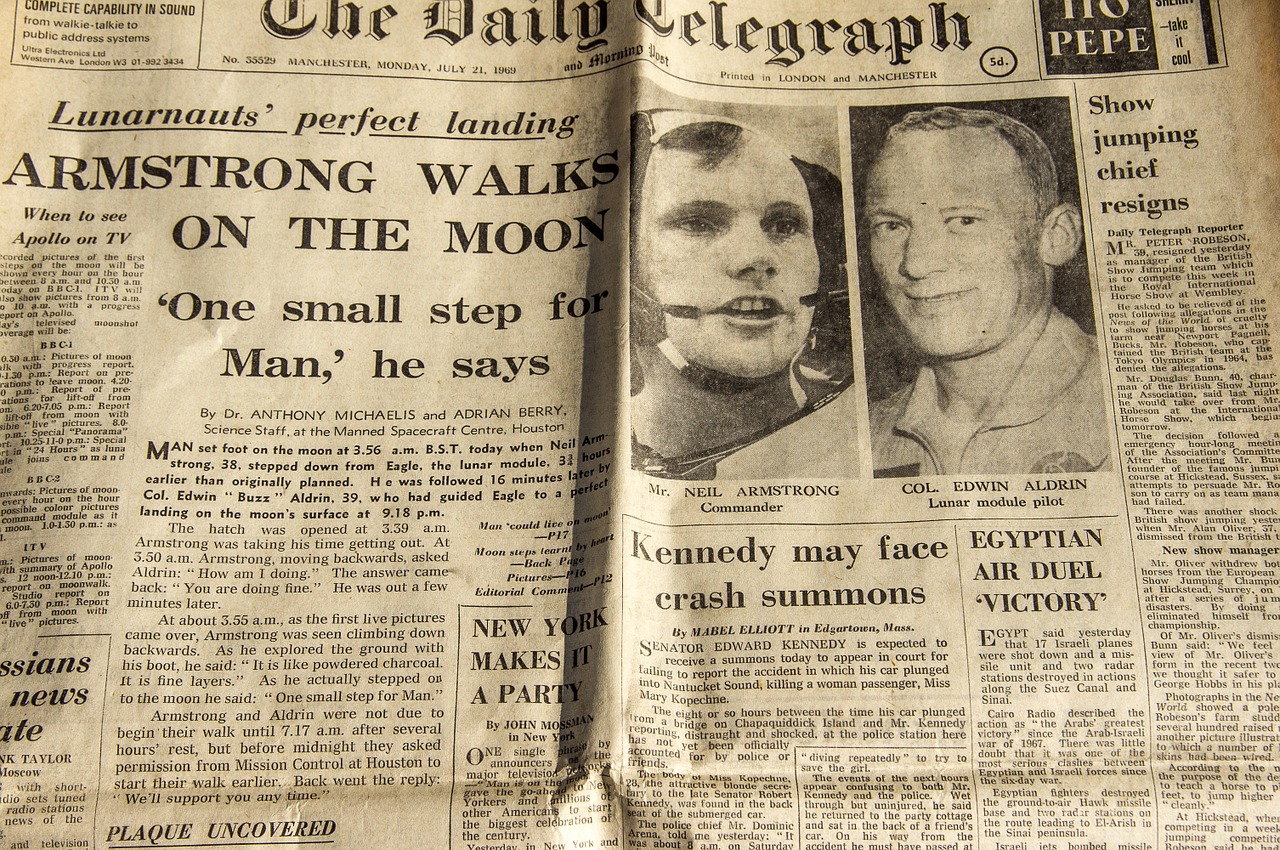What do you suppose is the most important part of your written website content? Is it the layout? Font selection and size? Paragraphing? Use of visual elements? Share buttons? Comment section?
No — none of those things. It’s the headline.
Why The Headline Matters Most of All of All Aspects of Your Content
A great headline gives the reader an incentive to read more – a poor headline means the writer will skip what’s on the page and go somewhere else. Simply put, if your headline does not do its job, the battle is lost and so is the war (for your customer’s attention, and ultimately, their dollars).

A great headline draws the eye, it attracts attention, it causes the reader to think, “There just may be something I can use here.” A well-crafted headline is a flashing beacon that goes out over the restless waves, beckoning all the ships at sea (website searchers) to come into a safe harbor.
A great headline can help you to “stand out” from your competition in search engine results. There are many examples of internet searches where sites further down the page are actually getting more traffic than the sites positioned above it – contrary to the usual relationship between position and traffic (where higher rankings in the SERP’s bring more clicks, more visitors). The reason this sometimes happens is that the page located further down in the SERP’s has a more interesting title tag and headline than pages listed above it.
Improving Your Content Headlines – Some Quick Tips
Keep your headline to a reasonable length. If your content headline is too short it won’t communicate enough information. If your headline turns out to be too long and wordy and it might get chopped off when displayed in the SERP’s or in an RSS-reader. Headlines that are overly long run the risk of diluting your focus or confusing your reader about what the topic is. Well-crafted headlines, because they must be both intriguing and invite further exploration and yet clear and succinct, take time and real creativity to write. Some headlines take almost as long to develop as the body text of the page!
Don’t try to “sell” in a headline. People search for lots of things on the Internet – but most people are not looking for a sales pitch. In fact, if it is too obvious, they will run away from pages like that. Write headlines that “give,” to the reader, not headlines that “take” from them. Save your call-to-action for the conclusion of your content, don’t stick it in a headline. Promoting aggressively, before your site visitor has reached the point where they are comfortable contemplating making a purchase from you, will backfire every time. Don’t try to set the hook in the fish’s mouth until they have swallowed it!

Don’t reinvent the wheel. If a particular approach to headline writing has worked well for you in the past, try using that same approach again. Build on your past successes and insights. If you are tackling a new subject, see if you can test out a few alternatives. Try sending the page content as an email, with the proposed title as the subject line of the email. You can use software like Yesware to track open rates on the email – this can give you a starting point to gauge the effectiveness of your titles. You can also do split testing (sometimes called A/B testing), where installed code will serve up two (or more) different versions of your content to different site visitors, and track the results to see which is more effective in securing signups, lead generation or actual sales on-site.
Rely on experts. If you are unsure about the best approach to use in writing a headline, why not just let an expert writer craft one for you? They will do this, of course, along with writing the body of the piece. Problem solved and time saved! Of course, we’d say that — it’s been our business (our only business) for many years. Why not create an account and put in a support ticket and get some (free!) strategic feedback? We have made a business by being both friendly and fast — and consultations about writing projects are always free.





